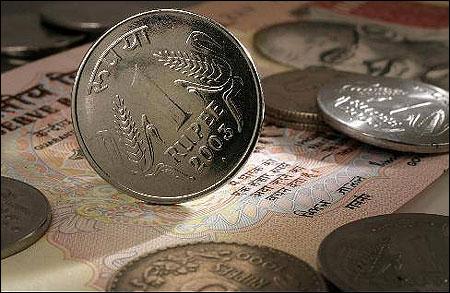As per the survey conducted by HR consulting firm Right Step Consulting, the salary hikes for India would decline to 11.54 per cent in 2012 from 11.89 per cent in 2011.
"After having grown at the rate of 8.4 per cent over the last two years the Indian economy slowed down considerably in the year ended March 2012 and the lower than expected growth in economy at only 6.9 per cent is reflecting in the Indian corporate sector's lower outlook for compensation hikes for its employees," Right Step Consulting director Vishal Bhargava said.Click on NEXT for more...
Employees in India may get lower salary hike in 2012
The drop in salary hikes is expected across both services and manufacturing sectors. While manufacturing sector is expecting a salary hike of 11.58 per cent as against 11.91 per cent in 2011, the service space is expecting a salary increase of 11.49 per cent compared to 11.87 per cent last year.
"Drop in salary hikes in manufacturing sector was expected given that sector's estimated growth rate in 2011-12 at 3.9 per cent is a drop of almost 50 per cent as compared to 7.6 per cent in the previous year," Bhargava said.
Click on NEXT for more...
Employees in India may get lower salary hike in 2012
Among the sector, prominent core sectors such as power, steel, mining and construction are all expecting a lower salary hike.
"Besides, the drop in expected salary hikes in services is on account of sharp drop in telecom and drops in sectors like retail, IT software, BFSI and travel/hospitality," he added.
The survey, conducted among 2,326 Indian companies across sectors, said decline in salary hikes are expected across both foreign MNCs and Indian companies.
"Drop in foreign MNCs is marginally higher from 12.17 per cent in 2011 to 11.73 per cent in 2012 a decline of 44 basis points as compared to Indian companies which are expecting a drop from 11.71 per cent to 11.41 per cent a drop of 30 basis points," Bhargava said.
Reflecting economic uncertainties and slow down in the home markets of foreign MNCs which is an additional concern for their India operations.




article